Twitter demands Clearview AI stops using its images to fuel facial recognition
The startup's facial recognition tech is used by law enforcement and can match people to images from multiple social networking sites

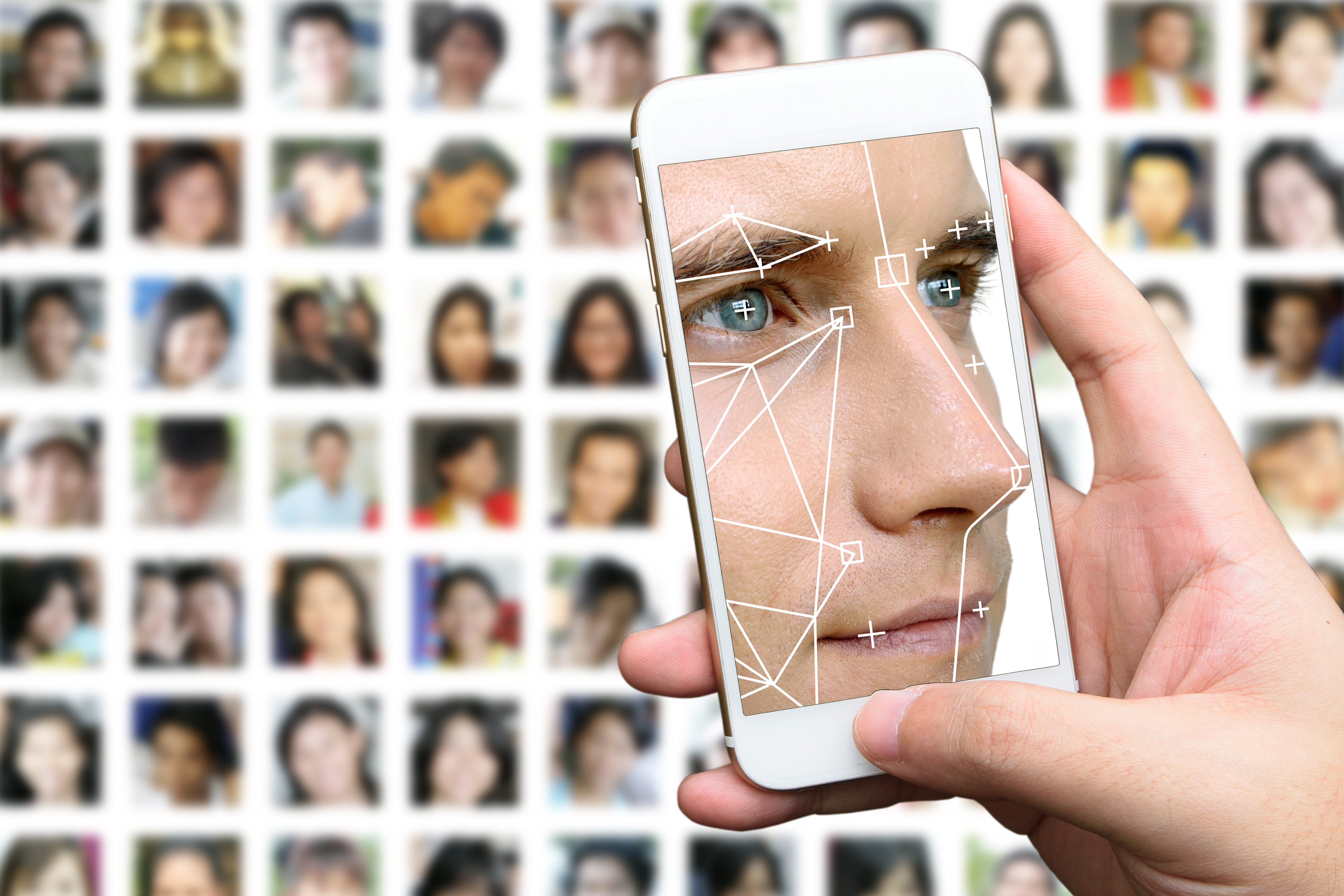
Twitter has demanded that an AI company stops taking images from its website to be used with facial recognition software, and deletes the images it has collected thus far.
Clearview AI received a cease and desist letter from Twitter, after it emerged it has harvested more than three billion photographs from sites such as Twitter and Facebook, according to The New York Times.
Clearview's facial recognition app is reportedly used by the FBI, Department of Homeland Security and some 6000 other law-enforcement agencies around the world.
Federal and state law enforcement officers had limited knowledge of how Clearview worked, according to the NYT, but still used it to solve a range of crimes from shoplifting to homicide.
On Tuesday, Twitter sent the letter to Clearview, according to the BBC, requesting the deletion of its data as per its developer agreement policy, which states: "Information derived from Twitter content may not be used by, or knowingly displayed, distributed, or otherwise made available to any public-sector entity for surveillance purposes."
Clearview is owned by an Australian called Hoan Ton-That. His app allows users to take a picture of any random person, uploaded it and see any public photos of said person with links to where those images appeared.
Now, the sites those photos came from are taking notice.
Sign up today and you will receive a free copy of our Future Focus 2025 report - the leading guidance on AI, cybersecurity and other IT challenges as per 700+ senior executives
"Scraping Facebook information or adding it to a directory are prohibited by our policies, so we are reviewing the claims about this company and will take appropriate action if we find they are violating our rules." a Facebook company spokesperson told IT Pro.
IT Pro has contacted Clearview, but according to the NYT, the firm is shrouded in secrecy. The company had one employee listed on LinkedIn, a sales manager called "John Good" which allegedly turned out to be the CEO, Ton-Hat.
The Clearview mystery comes at a time when facial recognition is under heavy scrutiny. Last week it was reported that the EU is looking into a five-year ban on the technology so it can work out how best to regulate it. Alphabet CEO Sundar Pichai agreed with the idea, whereas Microsoft President Brad Smith said it needed to keep using it to improve it.
Bobby Hellard is ITPro's Reviews Editor and has worked on CloudPro and ChannelPro since 2018. In his time at ITPro, Bobby has covered stories for all the major technology companies, such as Apple, Microsoft, Amazon and Facebook, and regularly attends industry-leading events such as AWS Re:Invent and Google Cloud Next.
Bobby mainly covers hardware reviews, but you will also recognize him as the face of many of our video reviews of laptops and smartphones.
-
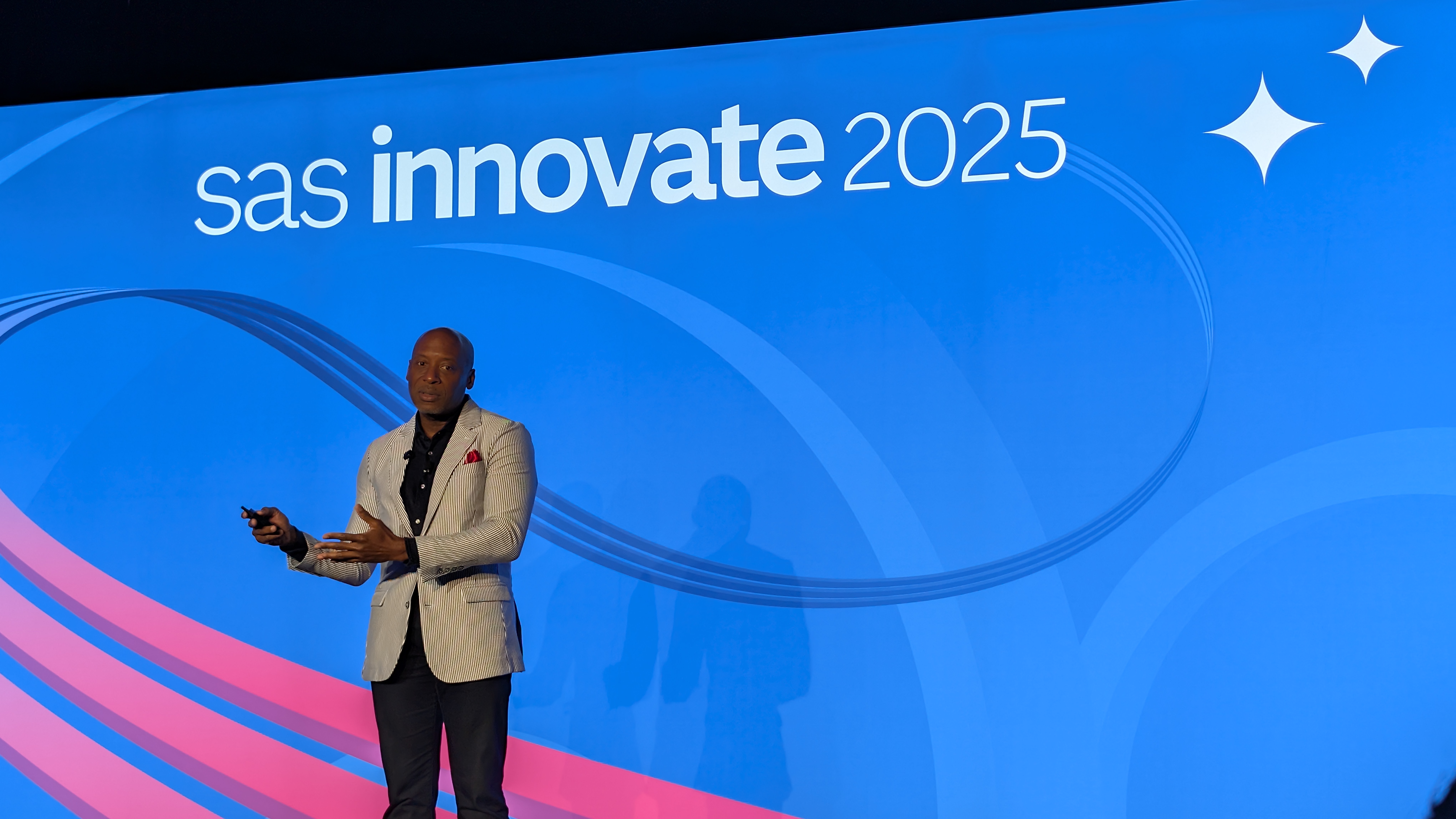 “Public trust has become the new currency for AI innovation”: Why SAS is ringing the alarm bell on AI governance for enterprises
“Public trust has become the new currency for AI innovation”: Why SAS is ringing the alarm bell on AI governance for enterprisesNews Demonstrating responsible stewardship of AI could be the key differentiator for success with the technology, rather than simply speed of adoption
-
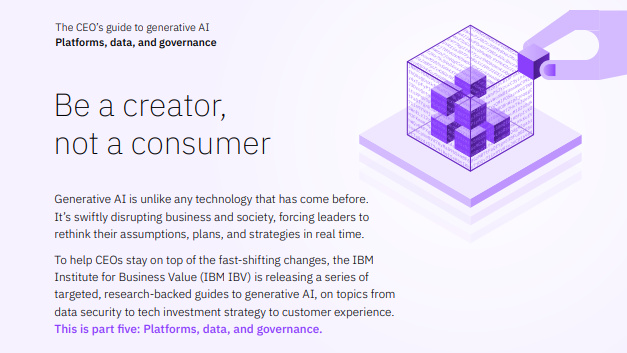 The CEO's guide to generative AI: Be a creator, not a consumer
The CEO's guide to generative AI: Be a creator, not a consumerWhitepaper Innovate your business model with modern IT architecture, and the principles of trustworthy AI
-
 Building a strong business case for GRC automation
Building a strong business case for GRC automationwhitepaper Successfully implement an innovative governance, risk & compliance management platform
-
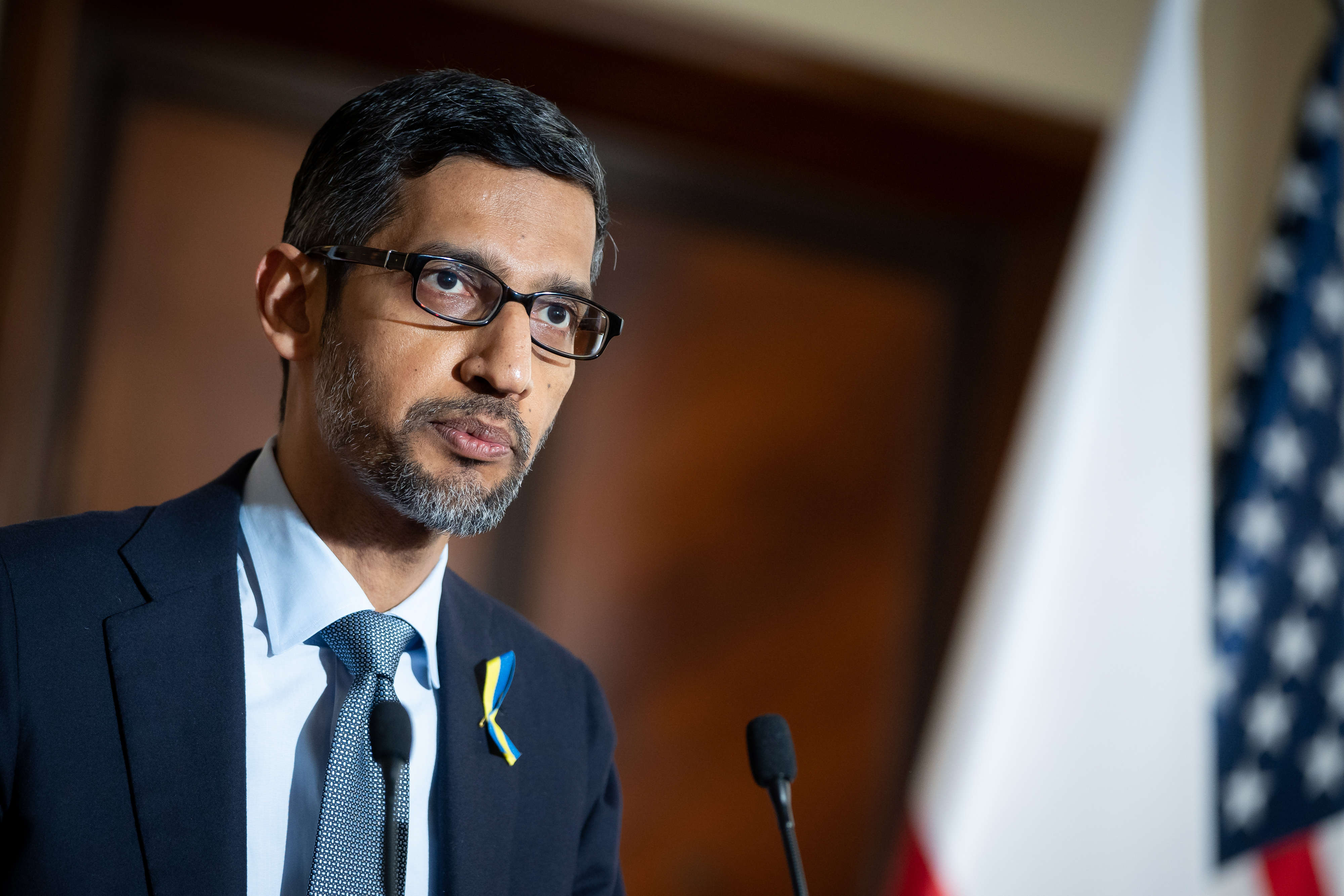 Sundar Pichai: AI keeps me up at night
Sundar Pichai: AI keeps me up at nightNews The Google chief warned that recent AI developments will have a profound impact on society
-
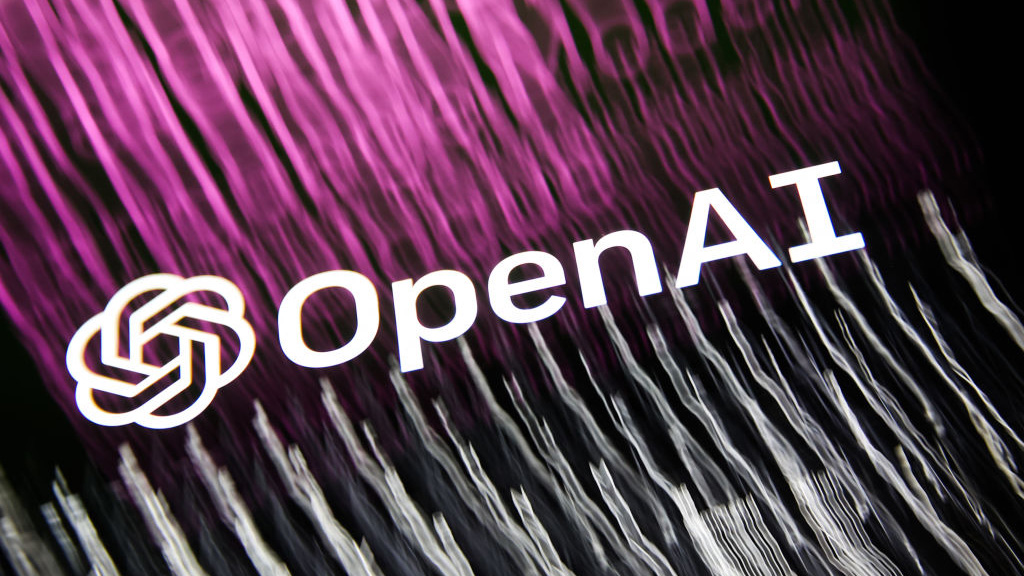 ChatGPT privacy flaw exposes users’ chatbot interactions
ChatGPT privacy flaw exposes users’ chatbot interactionsNews OpenAI has not expanded on the flaw in detail, nor indicated its reach
-
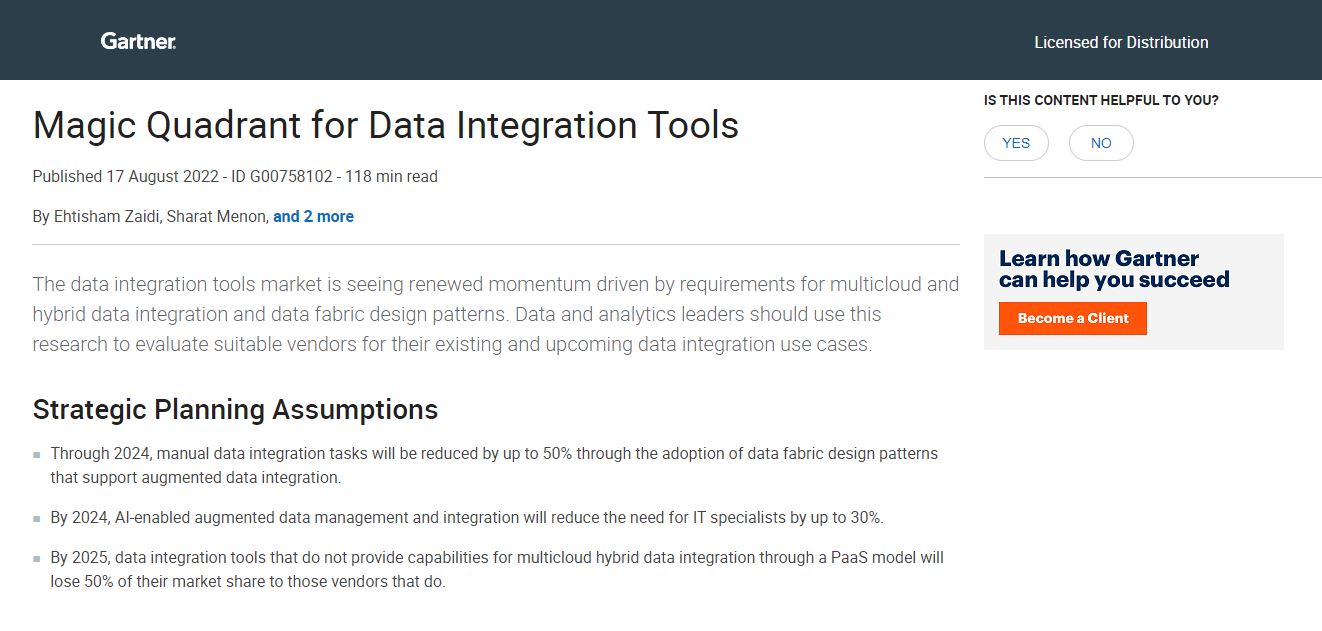 2022 Magic Quadrant for data integration tools
2022 Magic Quadrant for data integration toolsWhitepaper Using research to evaluate suitable vendors for their existing and upcoming data integration use cases
-
 Redefining modern master data management in the cloud
Redefining modern master data management in the cloudWhitepaper Why you need a modern MDM solution built for the cloud
-
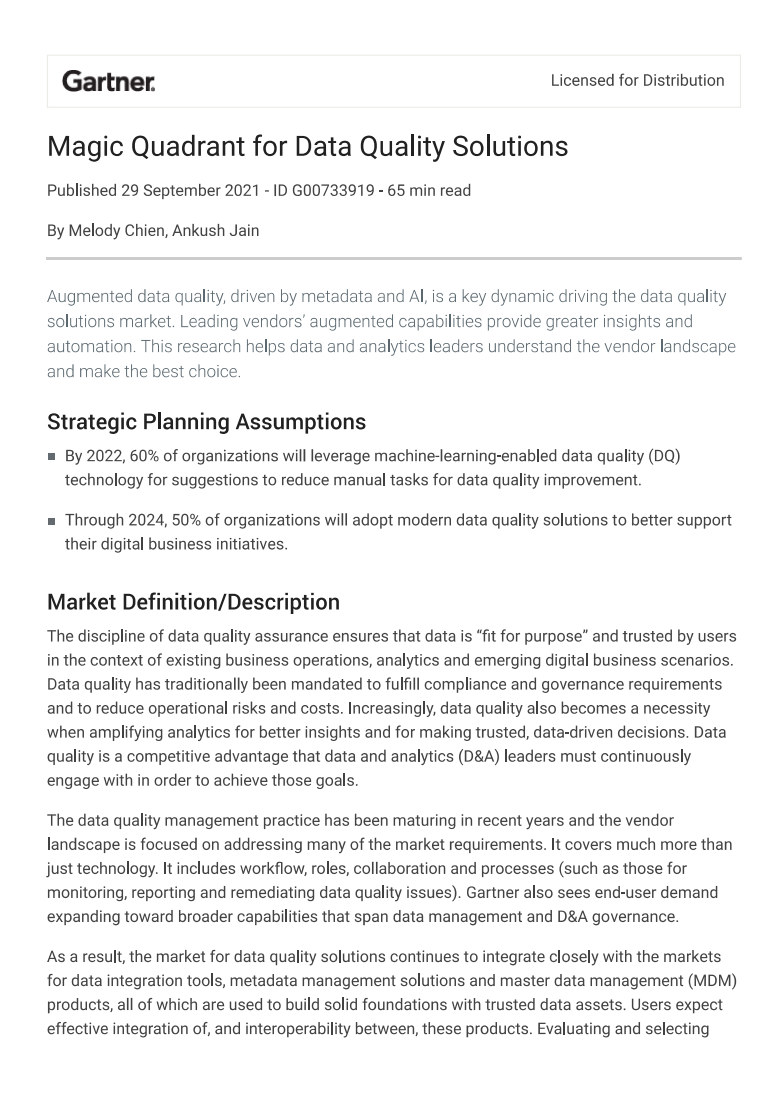 Magic quadrant for data quality solutions
Magic quadrant for data quality solutionsWhitepaper Amplifying analytics for better insights and for making trusted, data-driven decisions


